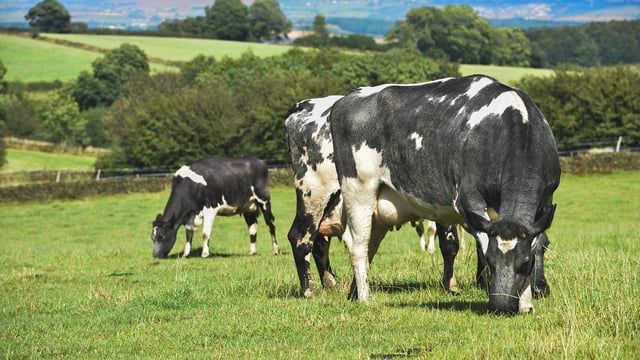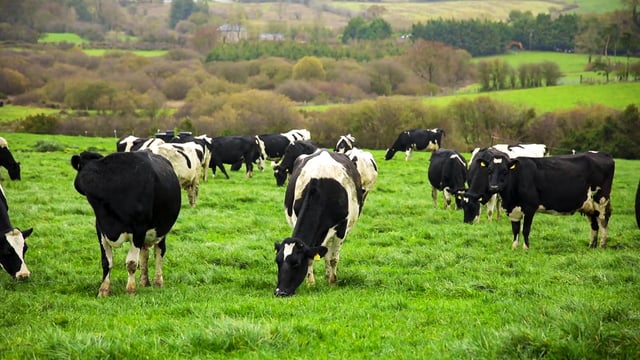CJEU finds imports must comply with EU rules to use organic logo
The Court of Justice of the EU (CJEU) has found that foodstuffs imported from third countries can only use the bloc's organic production logo if that food meets all the requirements under EU law.
The court found that this is the case even if the production standards of the third country in question are recognised as equivalent to those laid down under EU law, and bear an organic production logo of that country.
This prohibition on the use of the EU organic logo also applies to the use of terms referring to organic production.
However, if the product complies with its own country's organic production rules, the organic logo of the country it was imported from can be used within the EU, the court said.
The CJEU issued the clarification on the use of the EU organic logo after German authorities ordered Herbaria, a fruit juice manufacturer, to remove the organic production logo of the EU as the product did not meet the requirements under the regulation on organic labelling because the company's product contained non-plant vitamins.
Rules permit the use of organic labelling for products with added vitamins and minerals, but only if these additions are legally required, which was not the case here, the court said.
Herbaria went to Germany's Federal Administrative Court and claimed that there was unequal treatment between its product and a similar product also containing non-plant vitamins and minerals imported from the US.
The US is recognised as a third country who organic production and control rules are equivalent to those of the EU. That means products imported from there can be marketed in the EU as organic.
According to Herbaria, this should allow competing US products to bear the organic production logo of the EU and terms referring to organic production, provided only that those products comply with US production rules (and not necessarily EU rules).
The CJEU was consulted by the national court hearing the case, and decided that a product imported from a third country and manufactured in accordance with production and control rules equivalent to the EU may not use either the EU's production logo or terms referring to organic production if the product is not fully compliant with EU organic production rules.
The court said that, if this rule was not applied in this way, then fair competition within the EU for organic products could be harmed, and consumers may be misled.
The court added that the EU organic production logo is intended to inform customers of the fact that a product is fully compliant with all requirements of EU law, and not merely with rules that are considered equivalent to EU rules.
However, the court confirmed that a third country's organic logo can be used in the EU, even where it contains terms referring to organic products.
This finding from the CJEU is not itself a decision on the case. The German court referred the issue to the CJEU, and it is up to the German court to apply the CJEU's finding in its final ruling.





